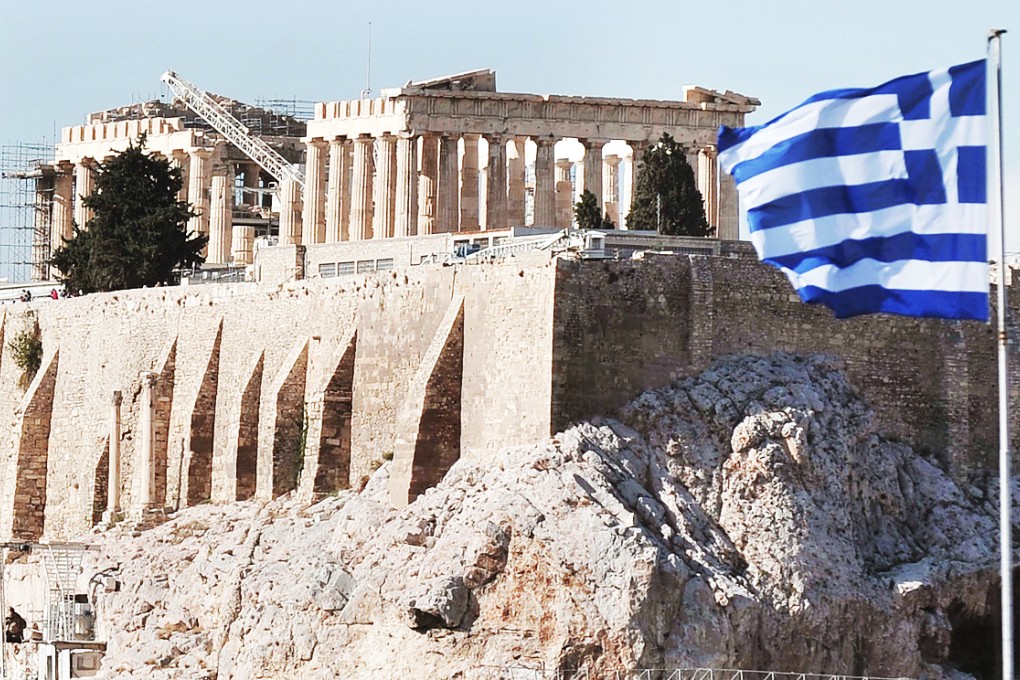Euro zone well equipped to cope with Greece's exit
Grexit is back in the headlines again. The neologism denoting Greece's potential exit from the European monetary union provoked horror three years ago among policymakers and investors.

Grexit is back in the headlines again. The neologism denoting Greece's potential exit from the European monetary union provoked horror three years ago among policymakers and investors at the height of the global financial crisis.
The coming snap election in Greece on January 25, widely regarded as a referendum on the country's continuing euro-zone membership, has revived the prospect of such an exit.
But that possibility is no longer viewed with unmitigated horror as it once was. For sure, things could still turn ugly should that happen. That is why European stocks have been rattled in recent days. Coupled with plunging oil prices, which have fallen to below US$50 a barrel, global markets including those in Asia have taken a hit in the new year.
But European bailout funds and crisis-prevention tools put in place since the last Greek emergency have put the rest of the euro-zone countries in a much better position to defend against the fallouts from Grexit. Private funds previously exposed to Greece were withdrawn long ago.
The coalition government of Chancellor Angela Merkel still says it's committed to keeping intact the entire membership of the euro zone. But Germany, Greece's largest creditor and the euro zone's dominant leadership, has been signalling it is ready to live with Grexit as a not-too-subtle warning to Greek voters.
The result of an electoral victory for the leftist Syriza party would be demands for debt relief, restructuring payment obligations and easing agreed-upon austerity measures, none of which are acceptable to the Germans.